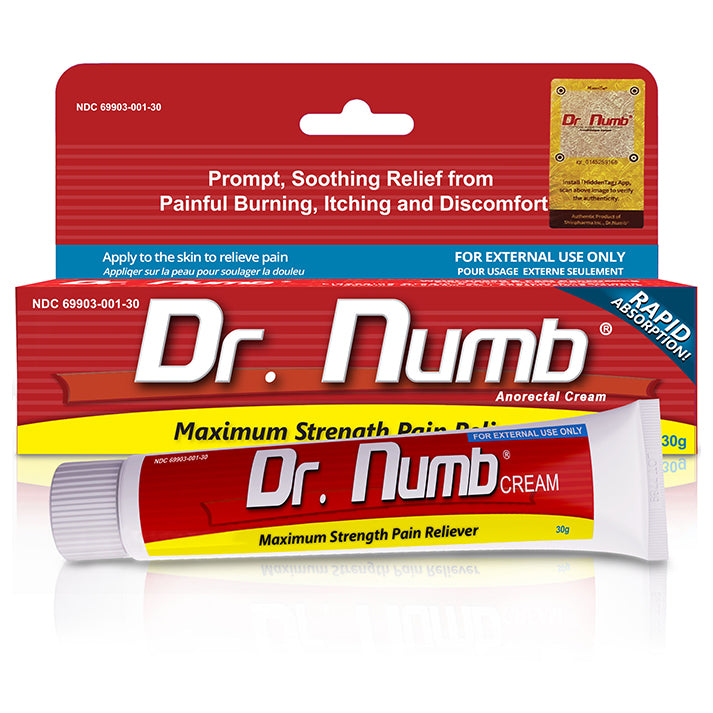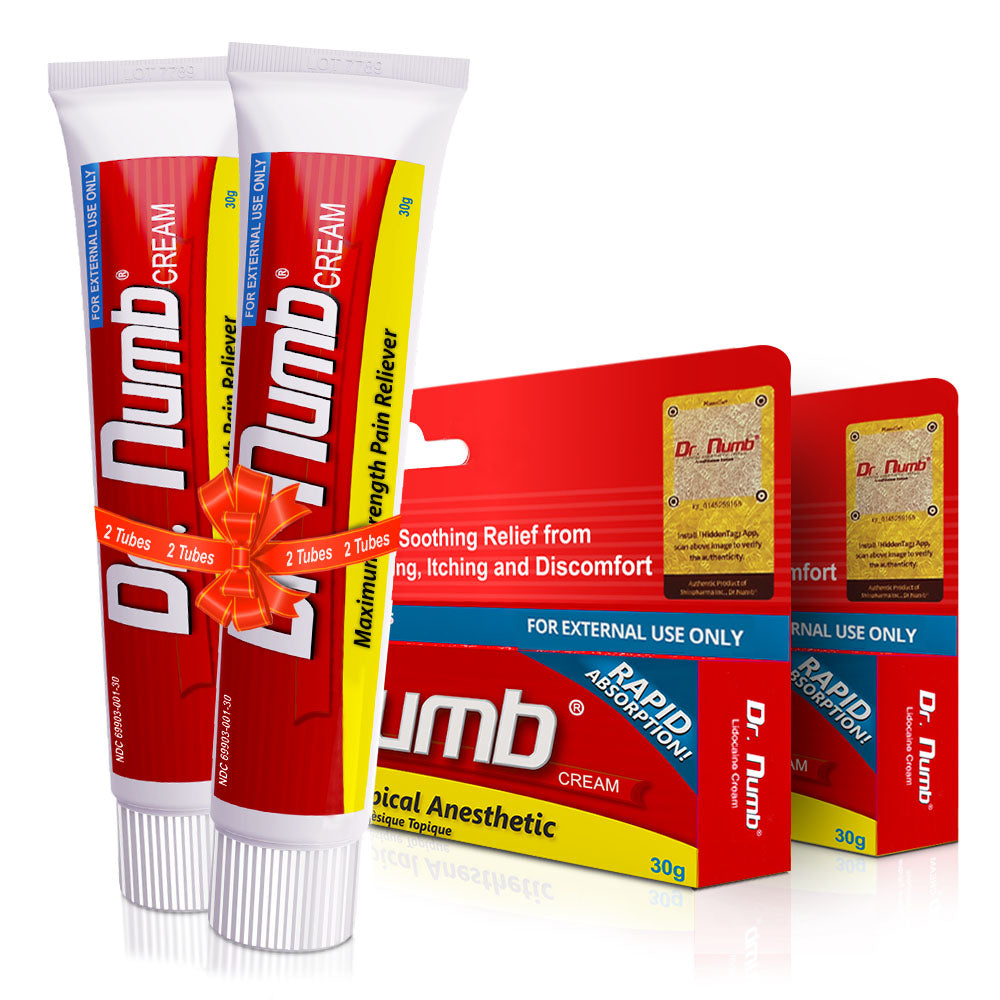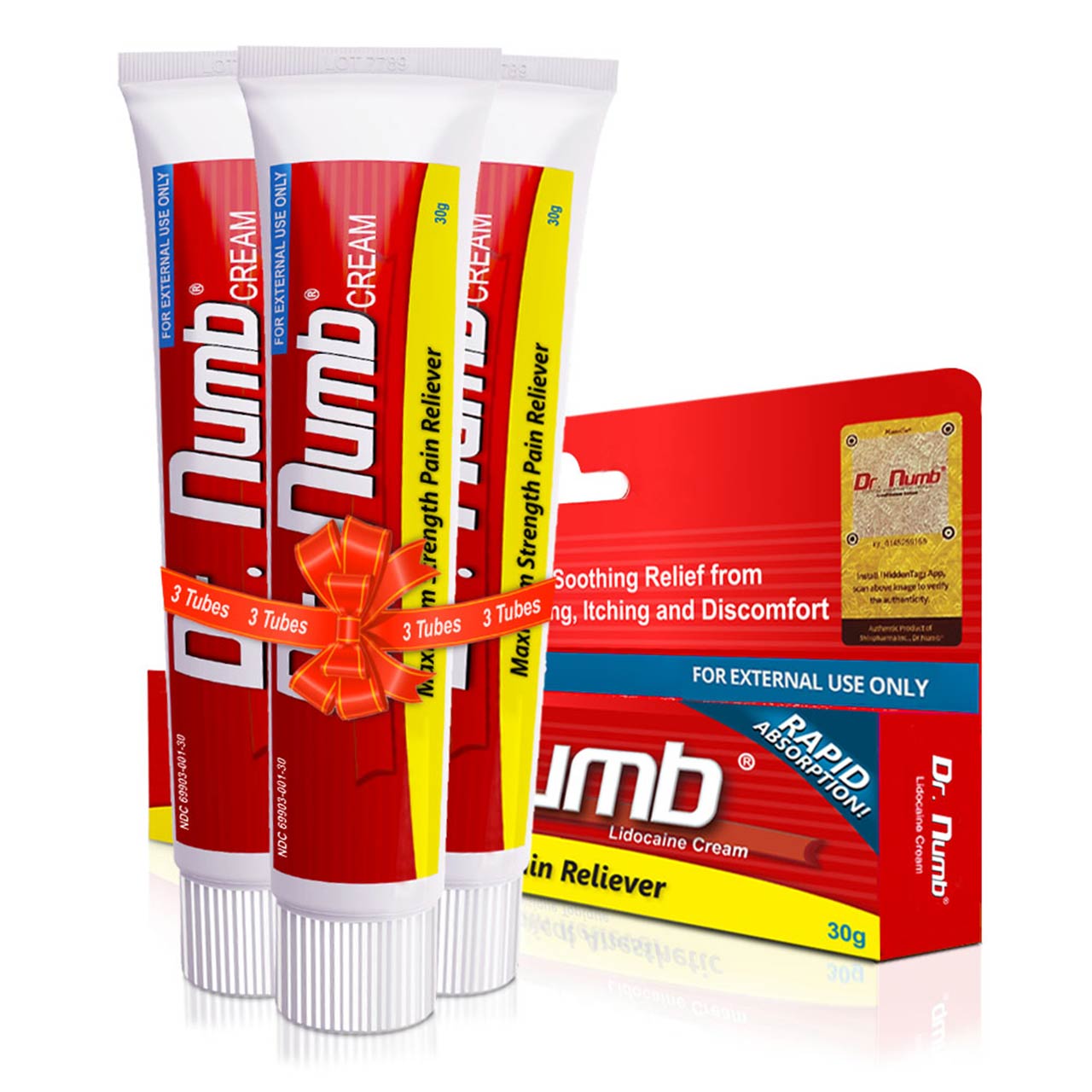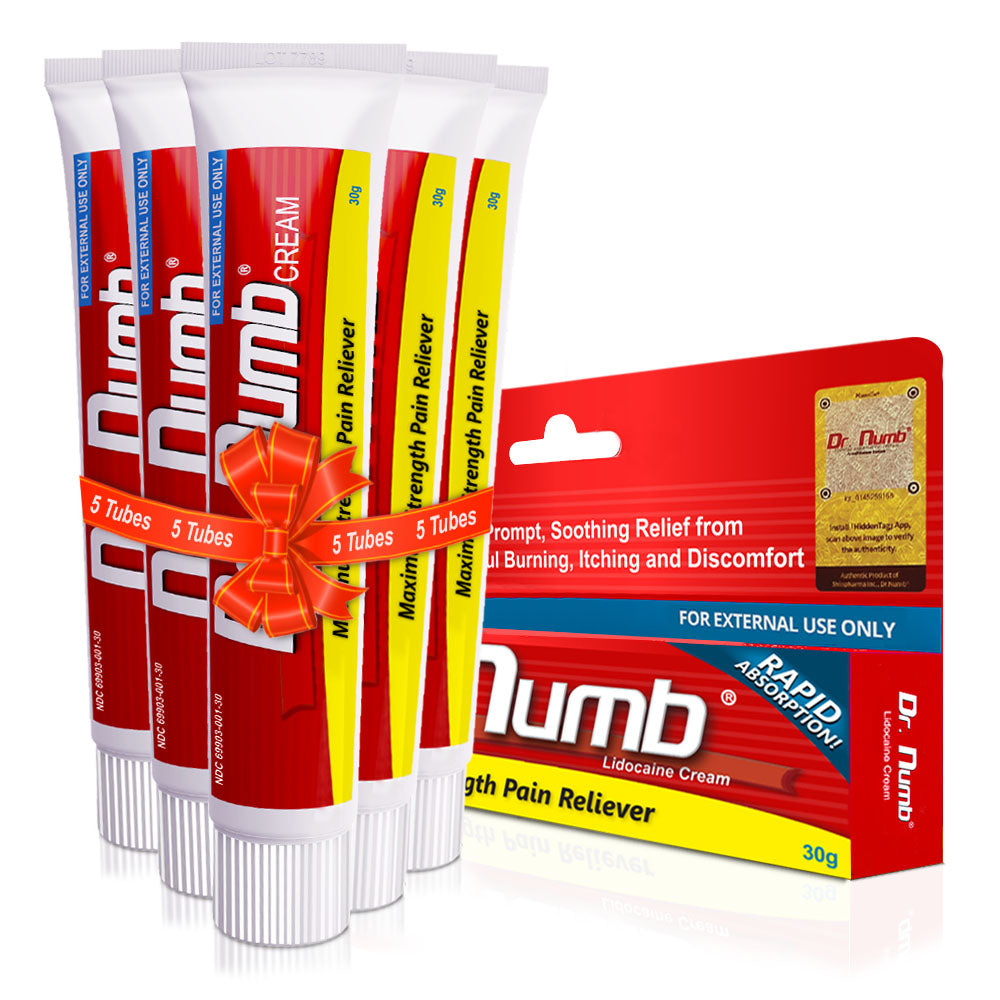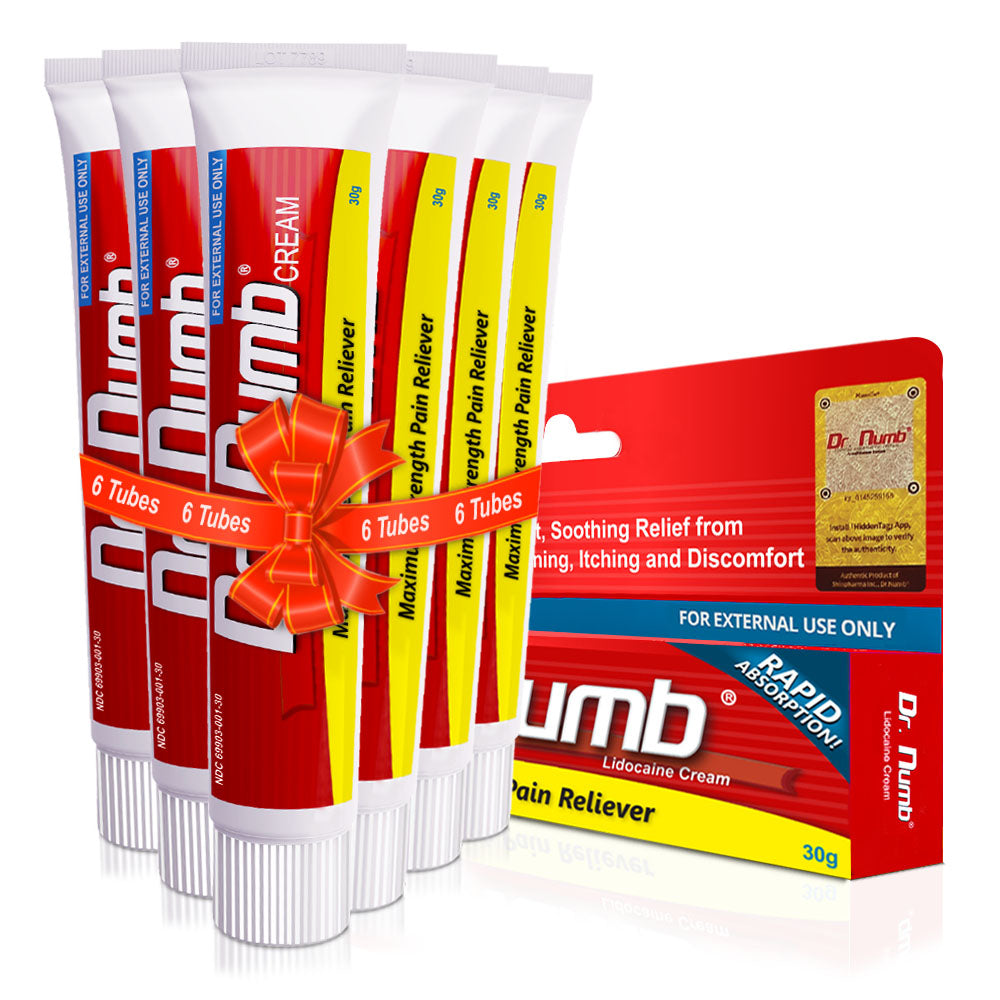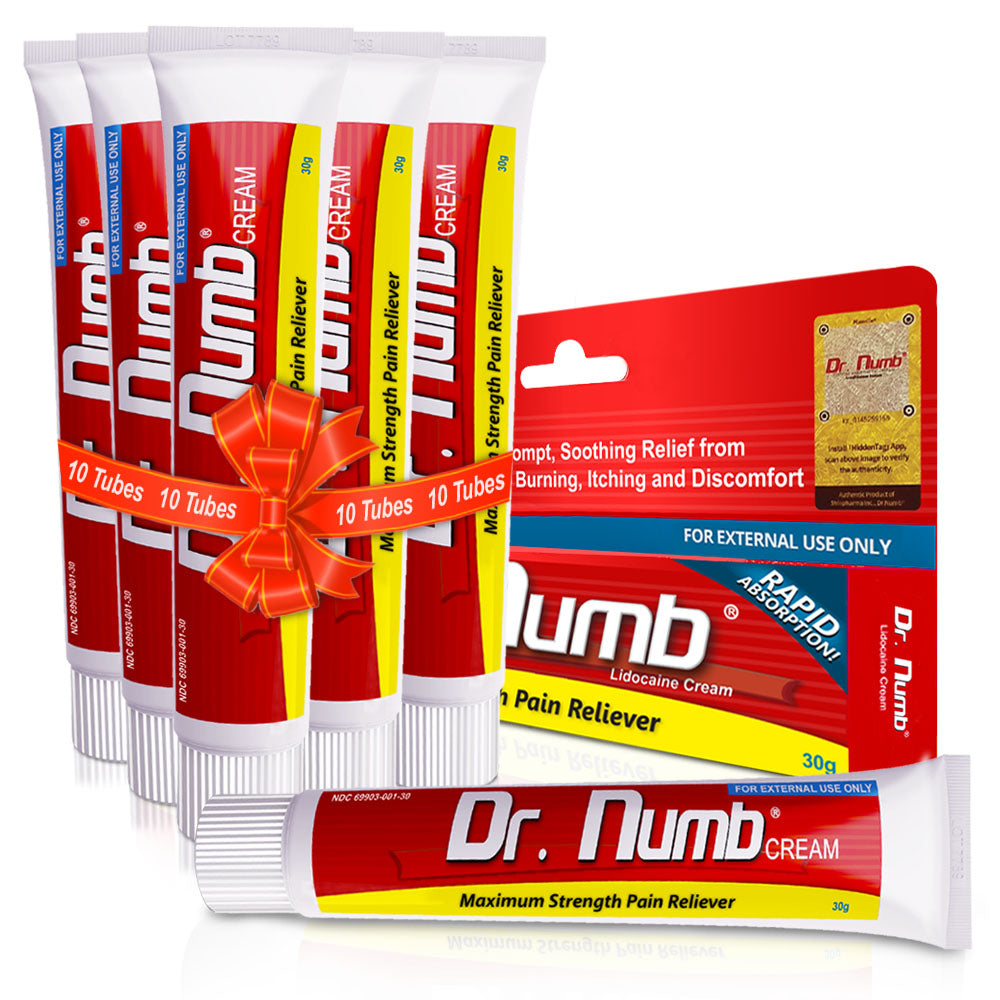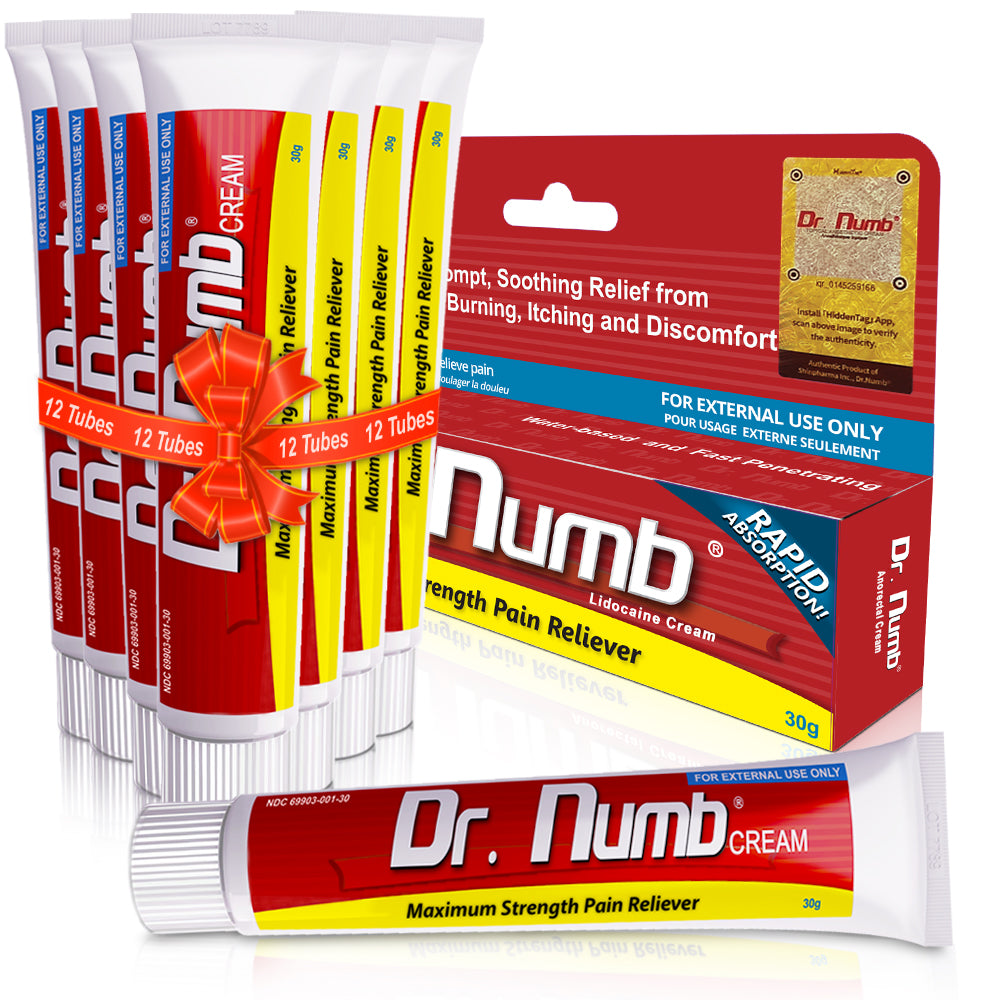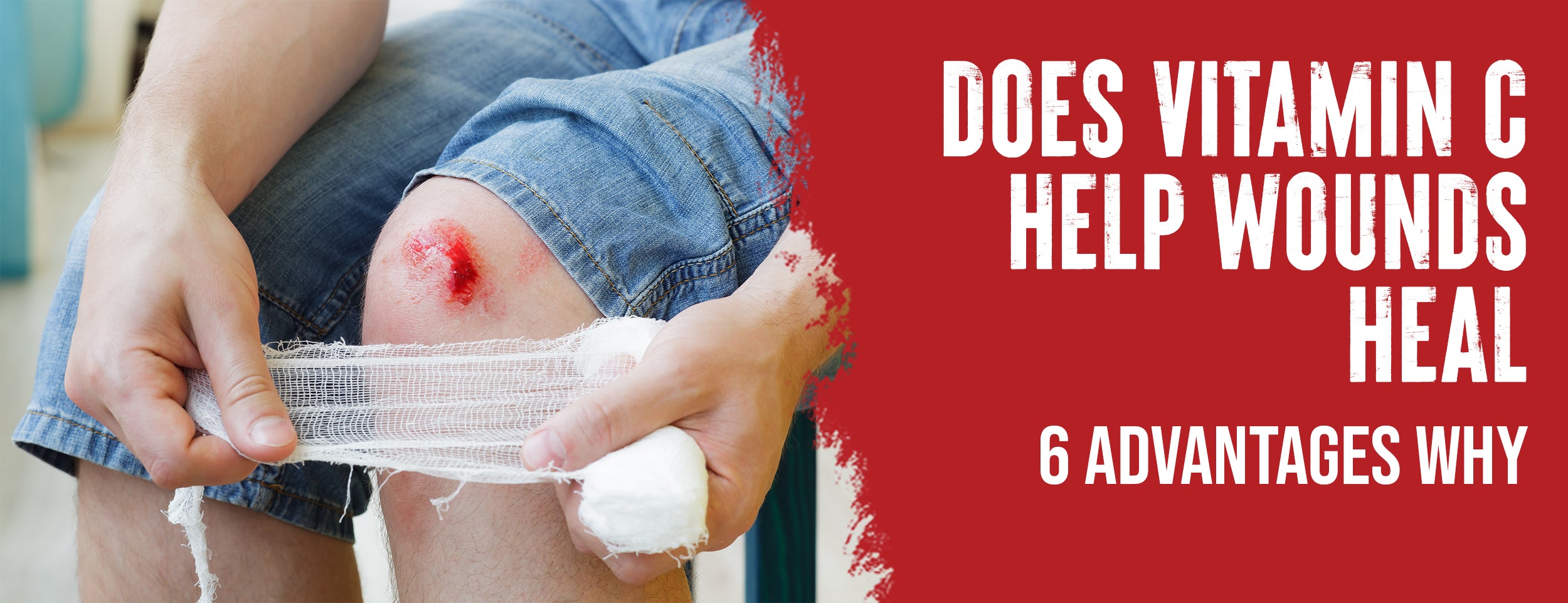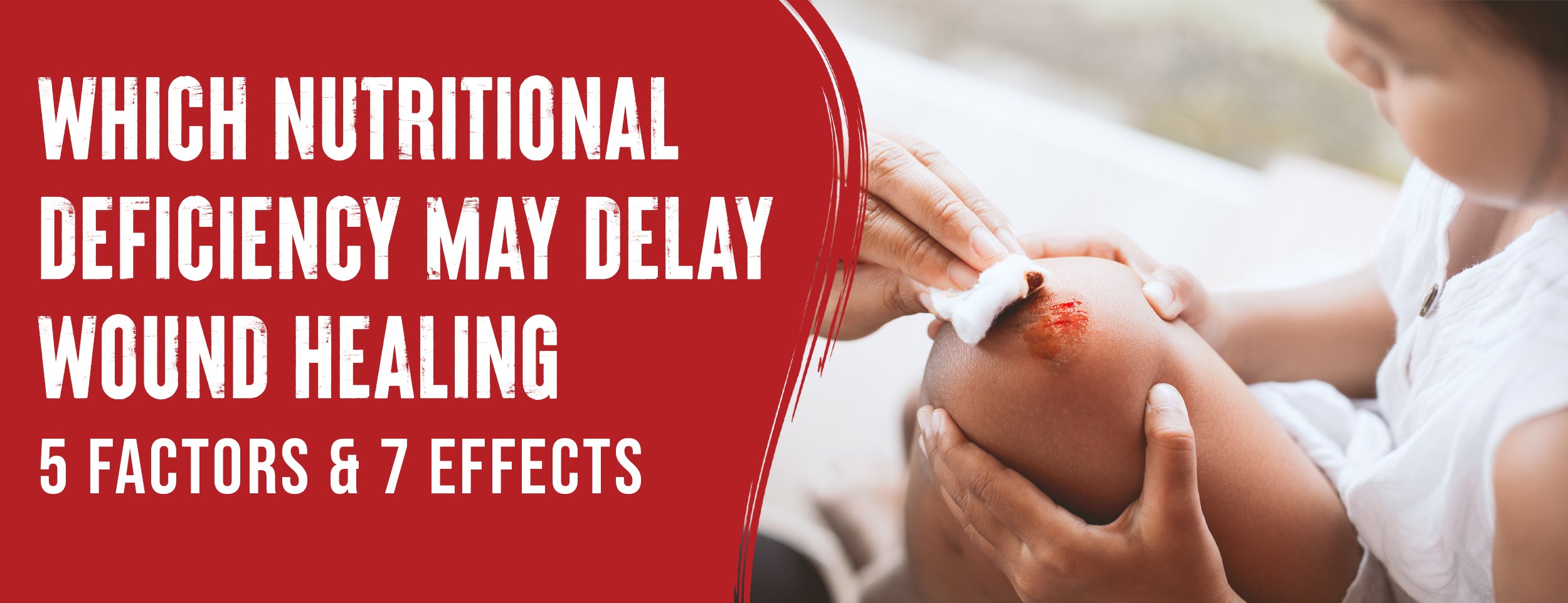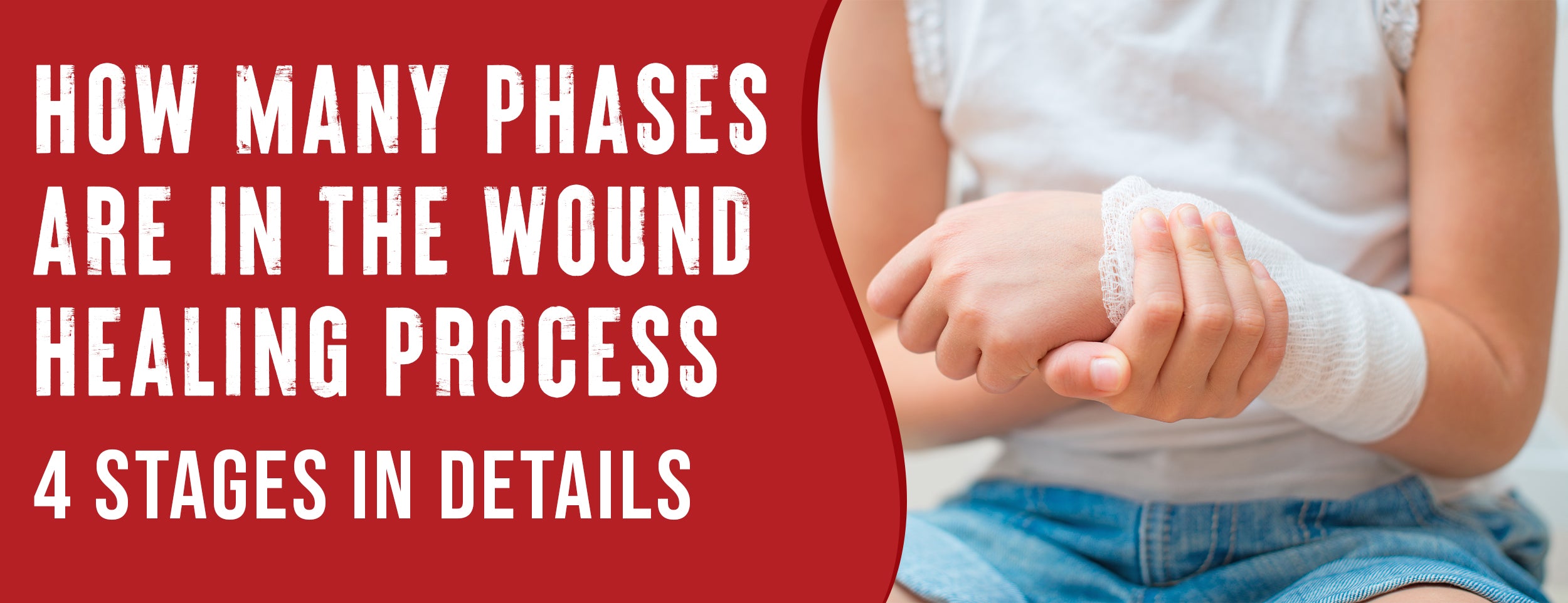Poor nutrition can make wounds take longer to heal or cause them not to heal. Nutrition before or during healing can delay healing and weaken wounds, making them prone to breakdown. Malnutrition can cause infections, which impair the immune response.
Wound healing relies heavily on nutrition. Nutritional deficiencies hinder the normal processes that allow wound healing to progress. In cases of malnutrition, the tensile strength of wounds has also been reduced, and infection rates have increased.
This blog post discusses how poor nutrition affects wound healing and recommends wound-healing food.
How Does Poor Nutrition Affect Wound Healing: 7 Things
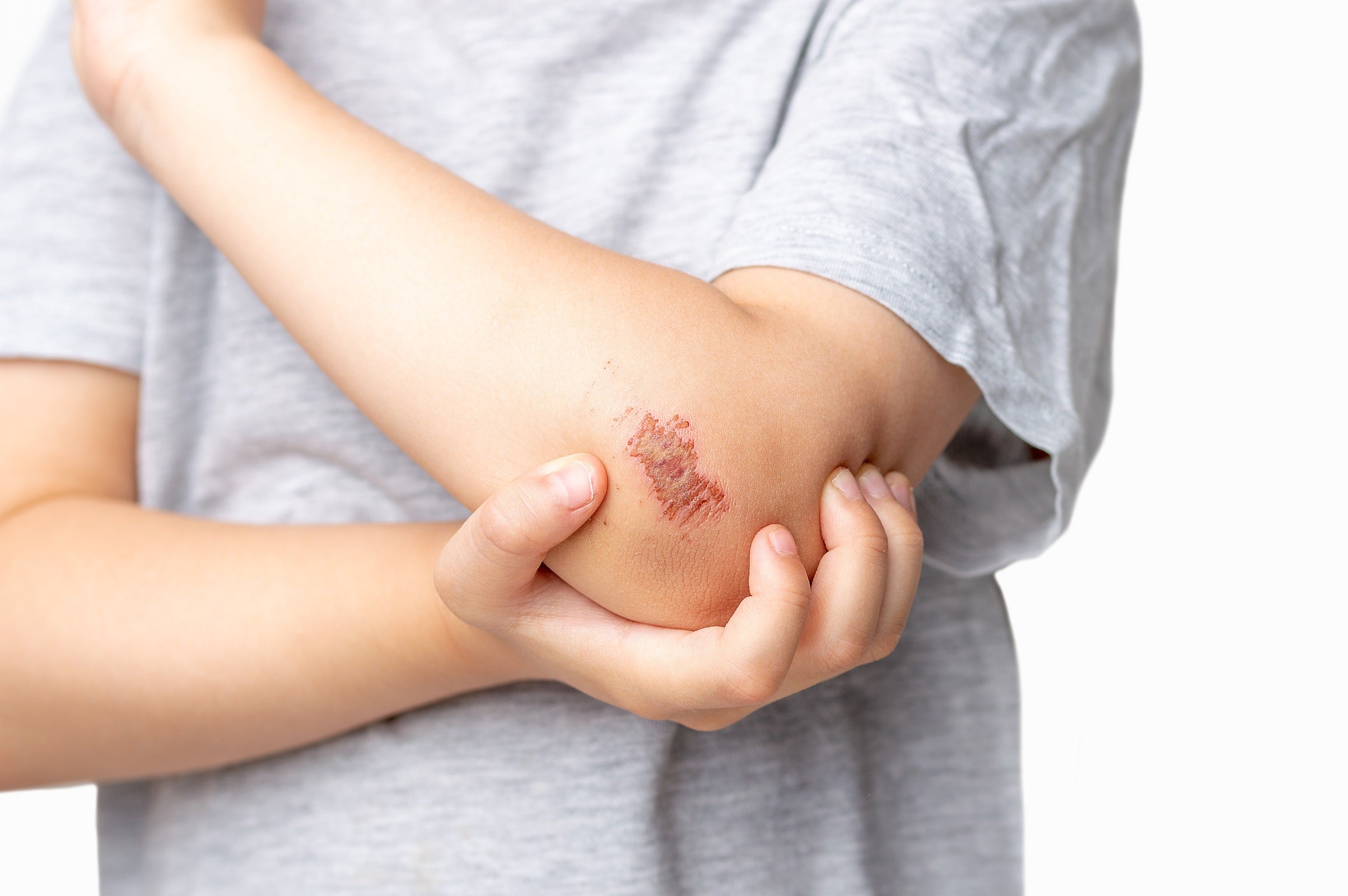
The wound-healing process involves multiple bodily systems working together. Repairing damaged tissue and the body's ability to fight infection depends on proper nutrition. Here are some processes in which poor nutrition negatively affects wound healing.
- Delaying the Inflammatory Process: The inflammatory response is critical for wound healing. However, inadequate protein intake can impair the immune response, delaying the inflammatory phase and compromising the healing process.
- Increasing the Risk of Infection: A lack of vitamins A and C and zinc weakens the immune system, increasing the risk of infection.
- Slowing Tissue Regeneration: Insufficient protein, carbohydrates, and fats can lead to slow wound closure and delayed tissue regeneration.
- Complications and prolonged hospital stays: Complications such as wound dehiscence, infection, and extended hospital stays can also occur when nutrition is inadequate.
- Slower cell Proliferation: Proper wound healing requires the proliferation and migration of different cells, including fibroblasts, endothelial cells, and keratinocytes. Deficiencies in vitamins A, C, and E and zinc and iron can impair cell proliferation and migration, leading to slower wound closure.
- Reduced Collagen Synthesis: Collagen is crucial for the extracellular matrix, providing support and stability to the skin and tissues. Sufficient protein intake is necessary for collagen synthesis. Deficiencies in protein, vitamin C, and other nutrients can slow wound healing and weaken scar formation.
- Impaired Immune Function: The immune system is crucial in defending the body against infections and promoting tissue repair. Malnutrition can suppress various immune responses, including macrophage recruitment, phagocytosis, and cytokine production, increasing the risk of wound infection and inflammation.

Nutritional Recommendations for Wound Healing

Poor nutrition can impair wound healing, leading to delayed or chronic wounds. Therefore, it is crucial to understand the importance of nutrients in wound healing and consume foods that promote healing. Here are some recommendations for wound-healing nutrition:
Protein for Wound Healing
Protein is a crucial nutrient for wound healing, providing the building blocks for new tissue growth and repair. Here are a few essential points to remember about protein and wound recovery:

- Protein-rich foods include meat, fish, eggs, dairy, beans, and nuts.
- To achieve ideal wound healing, patients must consume 0.8 grams of protein per kilogram of body weight daily.
- Older adults and individuals struggling with chronic diseases may require a more significant amount of protein to assist with wound healing.
- A healthcare provider may recommend a high-quality protein supplement if an individual cannot meet their protein needs through diet alone.
Vitamins and Minerals for Wound Healing
vitamins and minerals play essential roles in wound healing. Here are a few examples of critical vitamins and minerals and their functions:
- Vitamin C: Helps to create collagen, a key component of skin and tissue. The vitamin C in citrus fruits, berries, leafy greens, and peppers.
- Vitamin A: Contributes to the development of new tissue. Sources of vitamin A include sweet potatoes, carrots, spinach, and liver.
- Zinc: Helps to support immune function and tissue repair. Zinc-rich foods include oysters, beef, poultry, and legumes.
Carbohydrates and Fats for Wound Healing
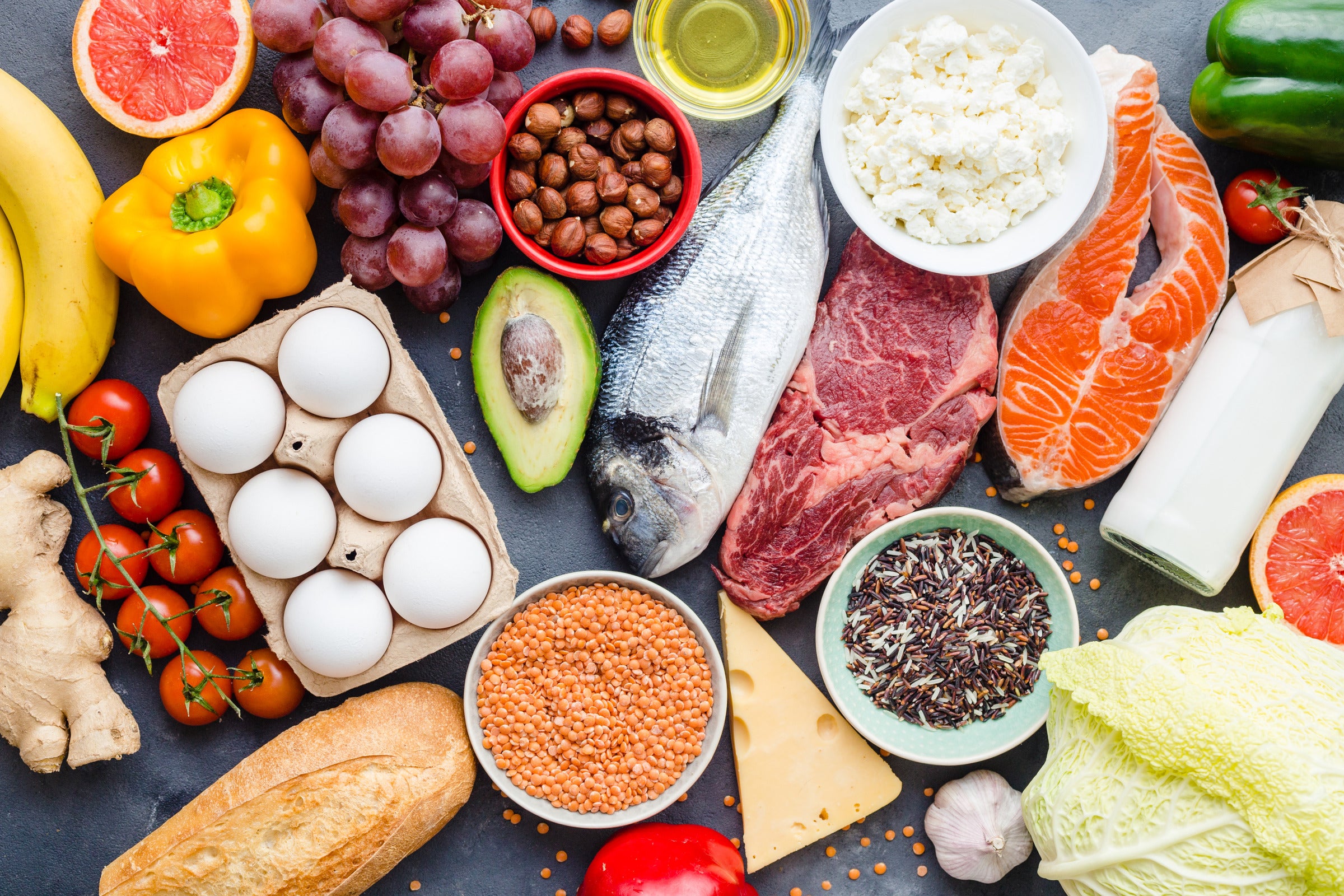
Carbohydrates and fats may not be as commonly associated with wound healing as protein, vitamins, and minerals, but they are still essential components of a healing diet. Here are a few things to keep in mind:
- Carbohydrates provide energy for the body, which is especially important during the healing process. Vegetables, fruits, and whole grains contain carbohydrates.
- Fats are also an important energy source and can help to reduce inflammation in the body. Fat-rich foods, such as nuts, seeds, avocados, and fish, should be included in the diet.

Conclusion
Poor nutrition can significantly affect the body's ability to heal wounds. A diet rich in proteins, vitamins C, zinc, iron, and E is crucial for forming new tissue, improving immune response, and healing wounds. A diet rich in nutrient-dense foods can improve wound healing and reduce complications.
Supplementation may also be an option for those struggling to meet their nutrient needs through food alone. By prioritizing good nutrition, we can help our bodies heal more efficiently and return to feeling our best.

![7 Processes of Wound Healing [Nutrition Recommendations]](http://drnumb.com/cdn/shop/articles/How_Does_Poor_Nutrition_Affect_Wound_Healing__7_Things_How_to_Boosting.jpg?v=1713590364&width=1100)

